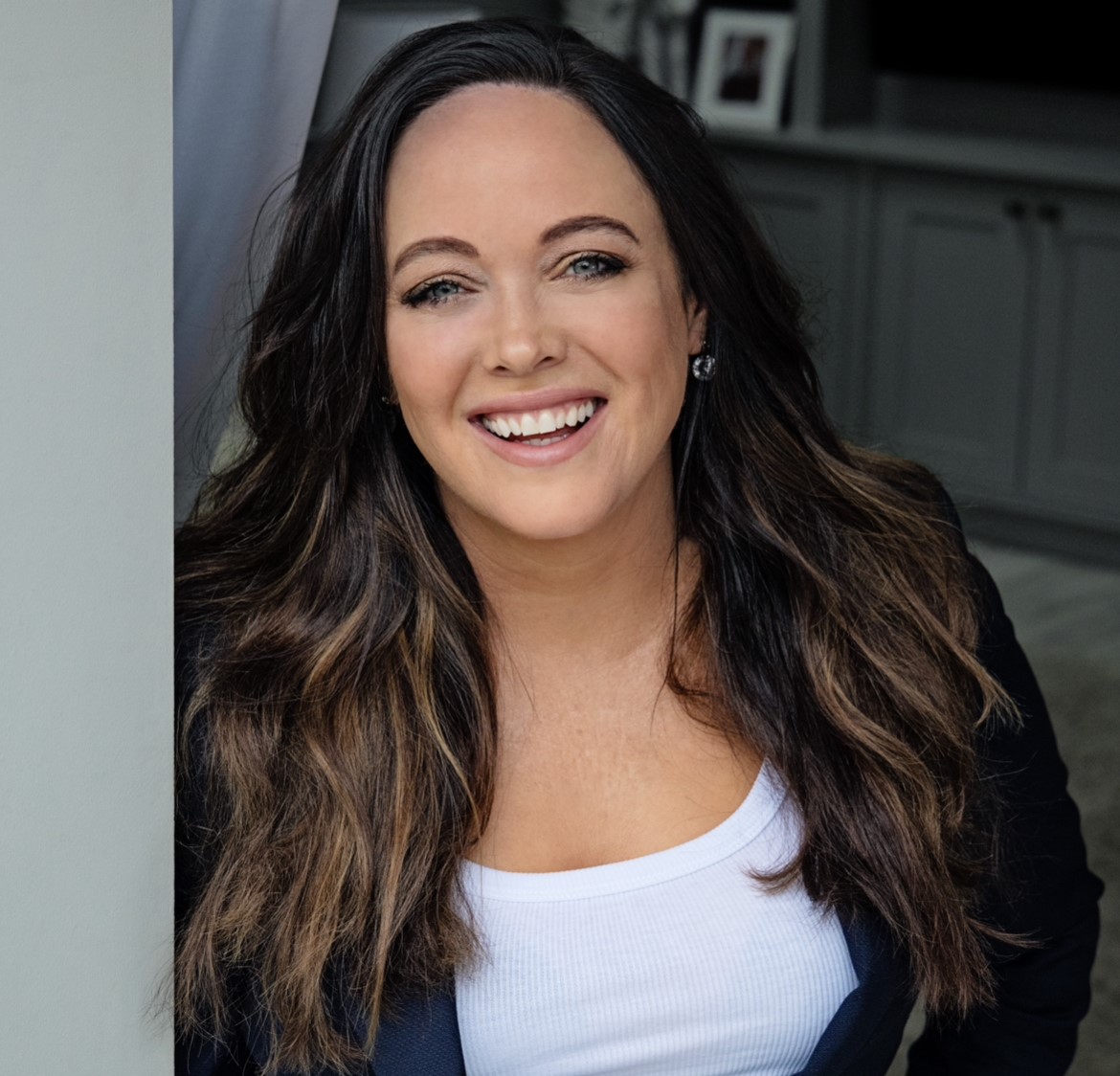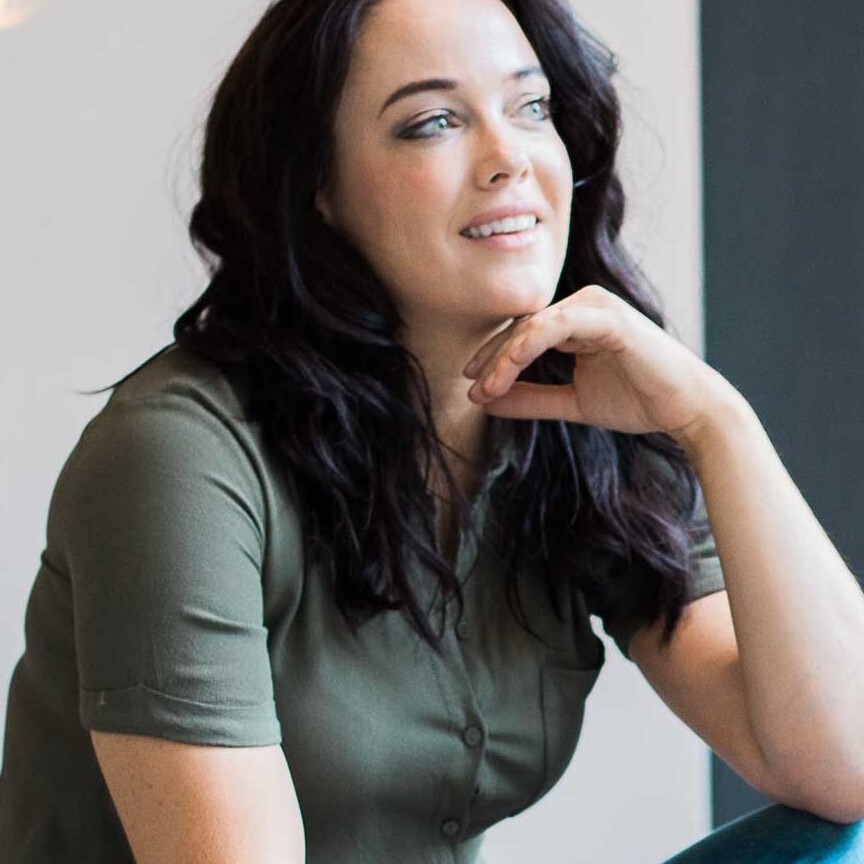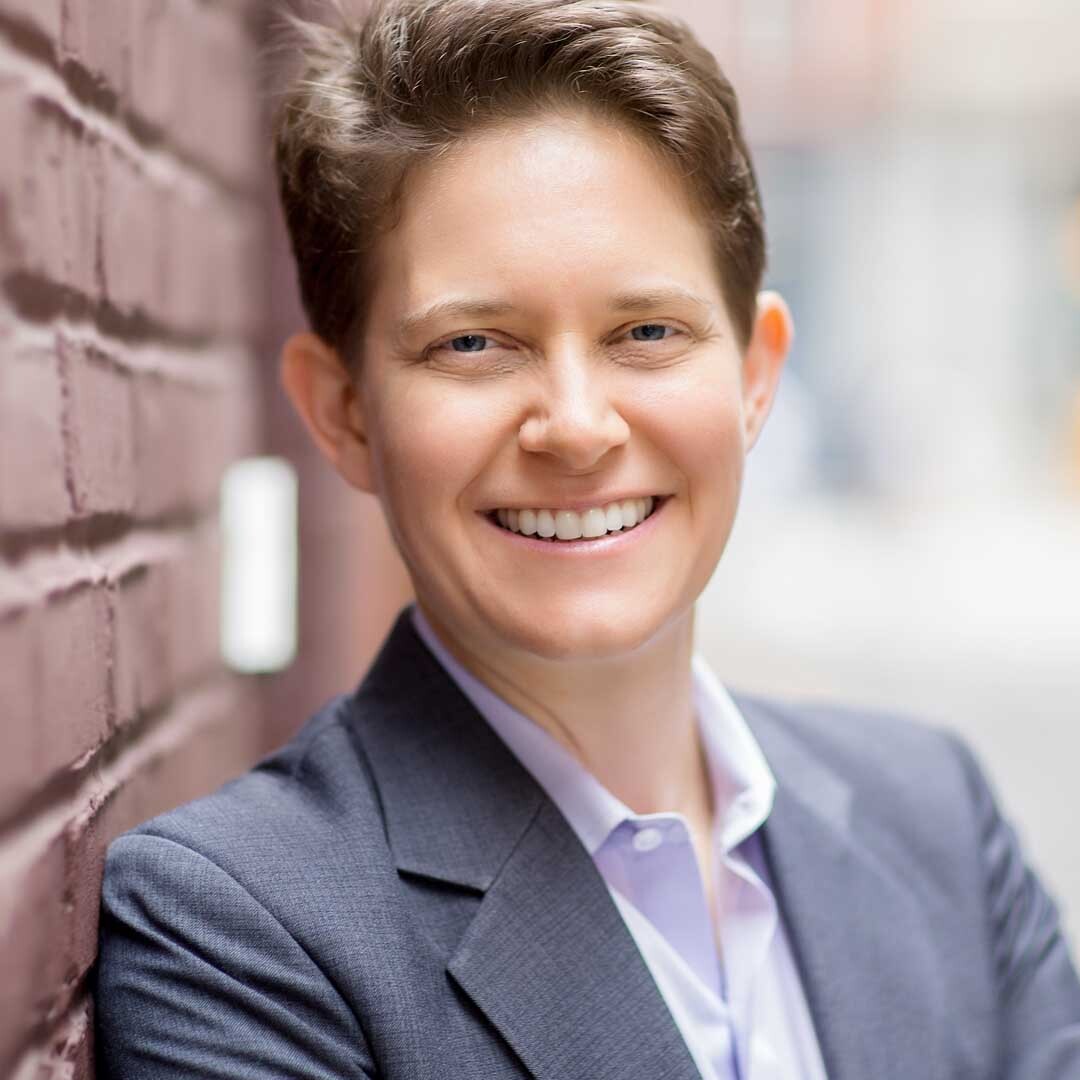Lanaya Irvin: Who Benefits from DEI?
Description
Every year companies spend about $8 billion on DEI initiatives in the United States, according to research conducted by the consulting firm McKinsey.
With all this money and attention given to DEI efforts we need to ask ourselves an important question: Who benefits?
A 2019 report entitled Being Black in Corporate America: An Intersectional Exploration released by the consulting firm Coqual, finds that black professionals are more likely to encounter prejudice and microaggressions than any other racial or ethnic group.
They are less likely than their white counterparts to have access to senior leaders and to have support from their managers.
Yet few white professionals see what their black colleagues are up against. 65% of black professionals say that black employees have to work harder in order to advance, but only 16% of their white colleagues agree with that statement.
The study also finds that black professionals are more likely than white professionals to be ambitious, and they are more likely to have strong professional networks.
In this episode, Lanaya Irvin, CEO at Coqual, explains Coqual’s report findings in more detail.
Coqual recently launched a study around black talent in the UK. We saw a similar perception gap. There's this material gap in perception that makes overcoming this, these hurdles of retention, development, advancement that much more difficult. This happens because the gap between what employees are experiencing and what their peers or their managers understand or believe, is really wide.
The starting point is recognizing that we must account for all areas of difference and different lived experiences in understanding inequality and addressing the issues it creates.
Here Lanaya shares with us three actions we can all use in bridging this gap:
Action One: Lift up the ideas of others in order to foster a sense of belonging.
Action Two: Have clear expectations around how you can advance or gain promotions at work.
Action Three: Embrace all differences of those around you whether it be a person’s skillset, their unique contributions to work or their challenges.
























